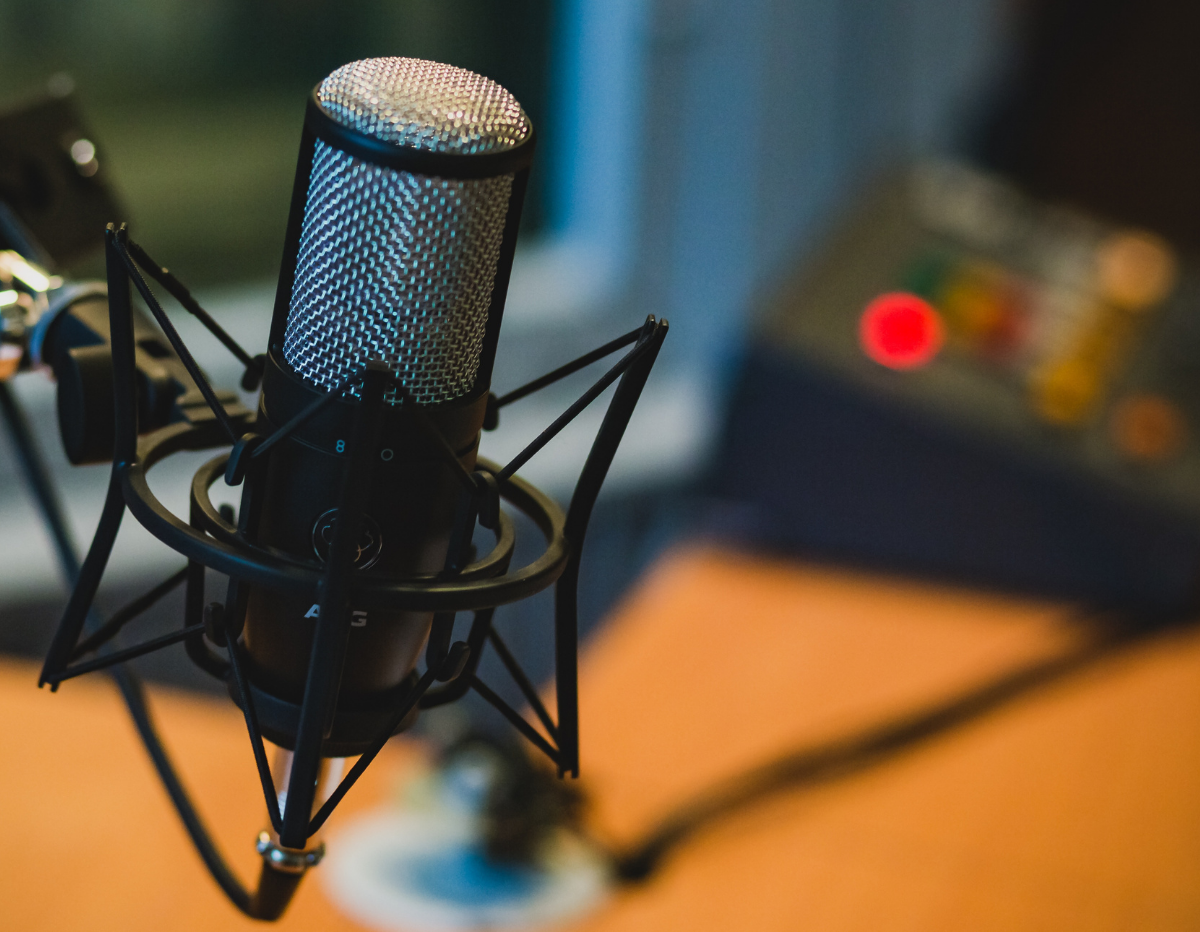
Recently, the New York Times emailed about “6 true-crime podcasts on the dark side of romance.” These six podcasts, they tell us, are “true stories of abusers, liars and romantic con artists who ruthlessly exploit their victims’ desire for love.” The descriptions of the stories follow a well-worn path, pulling us in with the intrigue of the perfect victim and the dangerous individual, drawing us closer with the promise of power struggle as the definition of relationship, and selling us a picture of justice as punishment.
The list was actually published weeks ago, but it must’ve gotten noticed enough, because now it’s the hook to sign up for this Times list called Love Letter. It’s the kind of clickbait that’s not surprising in a society where too many women experience violence, and publishers too often cater to the supposed human interest in violent, often sensationalized stories.
Nor is it surprising that the New York Times, with its massive platform and reach, is casually promoting deep narratives that uphold false solutions to violence.
This is the same New York Times that routinely publishes articles about violence and rising crime in the words of police chiefs, police union reps, and vaguely defined “experts” only. Story after story ignores and erases the voices of the people and community-based organizations working every day on the frontlines keeping communities safe. These articles peddle policing and incarceration as if they are and have always been the only possible solutions to violence. This is a narrative that relies on pervasive assumptions that human nature is violent, people are singularly responsible for and defined by the individual choices they make, and that punishment creates justice. And, frankly, it’s a narrative that ensures that the justice system will continue to fail communities most impacted by violence.
The truth is that those narratives – alongside narratives that Black people are scary, that youth don’t listen and are dangerous, and community suffering is moral failure rather than systemically produced – are constructed and reconstructed. Every day. Every hour. Every email we get from the New York Times, from Fox News, every time we turn on the local news, every time we check our social media feeds.
To shift these narratives we need to do more than just repeat that the opposite is true. Instead, we need to change how we listen and who we listen to. Smart, compassionate, committed people who are excellent communicators have known and been saying for generations that violence has roots, causes, and solutions. Resilient, creative, dedicated people are caring for communities and building safety every day. A different world in which violence is preventable and in which people get what they need after something terrible happens isn’t just possible, it’s happening all around us already.
The truth is that stories of people building safety, healing, and accountability that repairs are everywhere. We need only look and listen differently to notice that love and relationship is also a force for care, belonging, and safety. Every neighborhood that experiences violence is full of people to call when something happens, and even to stop something from happening before it does. Every city with rising violence during the pandemic is full of people and groups who have quelled that rise, grasping community safety at the roots and saving lives despite systems designed to fail them.
Systems that create community safety are already here, emerging to meet needs wherever they are. Maybe these four podcasts can help us learn to better see them, to better listen, and to reflexively lift up the possibility of the safe world at the edges of our imagination:
Hosted by Joshua B. Hoe, this podcast lifts up direct experiences of those who have been impacted by the criminal legal system, as well as those who are building alternatives, in order to reimagine the justice system. Start with the conversation with Danielle Sered, Executive Director of Common Justice, to explore root causes of violence and solutions to breaking cycles of trauma.
Each week, the Freedom Dreams team interviews people creating safety, healing, and accountability that doesn’t rely on police and prisons. From stories about advocacy to stop the construction of new jails, to community-based violence prevention and intervention groups building safety, every episode offers deep looks into the work happening in Detroit and beyond. Start with episode five, on healing and reimagining community safety.
Solutions that are grounded in transformation instead of punishment are everywhere, and this podcast aims to showcase all of them. Every one of their short list of episodes features conversations with those building and leading community-based programs that are preventing violence, healing trauma, and creating safety without police and prisons. Start with episode four, on transforming responses to harm.
If you’ve ever wondered what people really mean when they say they are prison abolitionists, this podcast wants to give you answers. Hosts Richie Reseda, Indigo Mateo, and Vic Mensa sit down in each episode to talk to leaders in the anti-violence movement to find out how they came to this work and explore the approaches that are working. Start at the beginning.



